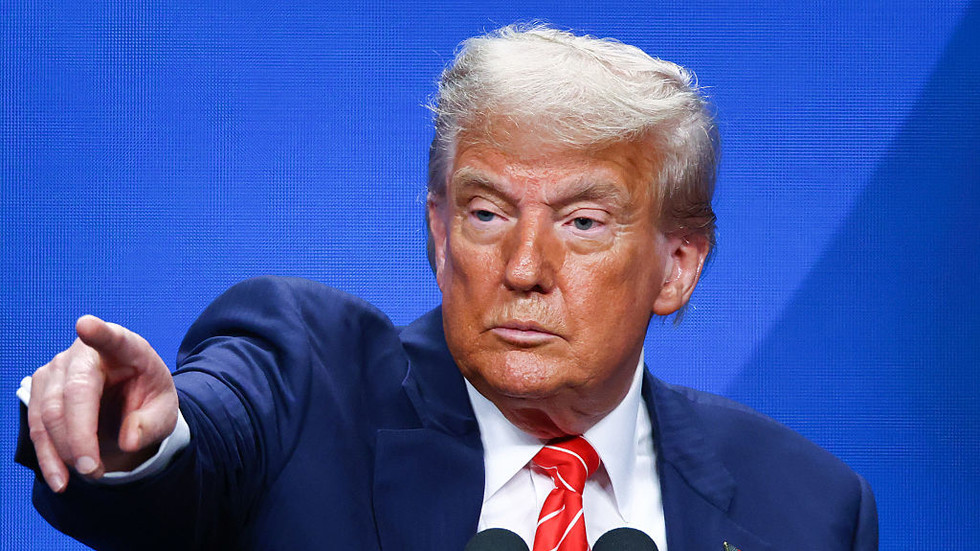In the heart of Africa, a profound transformation is underway, symbolized by a Nigerian proverb reminding us that greatness starts from humble beginnings. By 2035, the continent will witness a historic surge as more young Africans join the workforce annually than the rest of the world combined. Today, Africa shines as the youngest continent globally, with nearly 70% of its populace below 30 years.
Amidst a world graying with age, Africa pulsates with youthful energy, presenting boundless possibilities for progress. Poised at the vanguard of critical global issues like climate change, democracy, and peace, young African trailblazers such as UNICEF Goodwill Ambassador Vanessa Nakate and Samuel Smith, President of the Kenya Children’s Assembly, are already spearheading transformative movements, both locally and internationally.
The burgeoning youth demographic not only heralds innovation and advancement but demands profound recognition, strategic utilization, and optimal harnessing. The year 2022 bore witness to a milestone for Africa’s entrepreneurial landscape, with the start-up sector securing a staggering $5.4 billion in funding. The exceptional talents of young African innovators garnering global acclaim underscore the continent’s untapped reservoir of brilliance.
Nonetheless, realizing this potential necessitates surmounting multifaceted challenges through concerted efforts. Presently, a staggering 42 million primary school-aged children in sub-Saharan Africa remain out of school, with only half of all children enrolled in pre-primary education, a pivotal phase for cognitive and socio-emotional development crucial for their future prospects.
Investing in early childhood education emerges as a linchpin for national prosperity, boasting a remarkably high return on investment. Studies indicate that each dollar channeled into early childhood development yields up to $13 in returns, affirming its economic viability. Beyond financial gains, this strategic investment fosters societal cohesion, bolsters workforce productivity, reduces crime rates, and diminishes dependence on governmental aid, paving the way for a more equitable and thriving society where every individual can flourish and contribute meaningfully.
Looking ahead, 2024 marks a pivotal juncture for education advocacy across the African continent, with the African Union designating it as the Year of Education. Aligned with Agenda 2063, the AU’s visionary roadmap for propelling Africa towards global eminence, this initiative underscores the imperative of a youth-centric development agenda, spotlighting targeted investments in education, technology, and entrepreneurship. As Nelson Mandela profoundly stated, “Education is the most powerful weapon which you can use to change the world.”
Amidst the challenges and opportunities on the horizon, the onus rests on us to kindle the flames of knowledge alongside Africa’s future leaders. The aspirations of the world hinge on their transformative abilities, underscoring education as the cornerstone for a brighter tomorrow.



